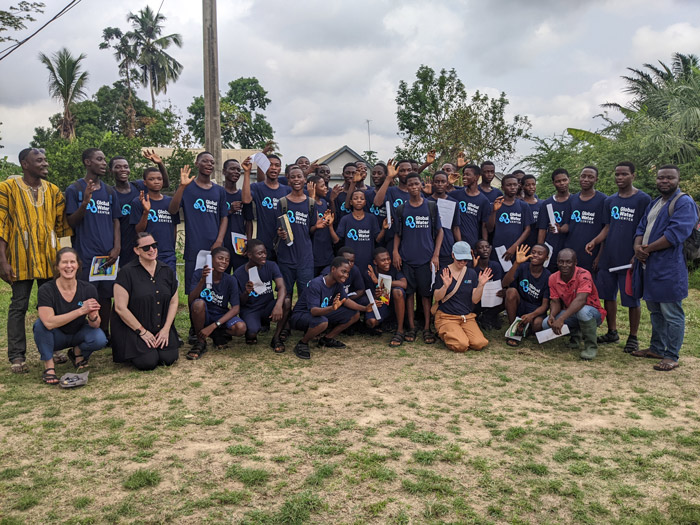This month, three team members visited our Water Operator Training program in Ghana. Their trip focused on hands-on training, collaboration, and plans to expand the program.
Hands-On Learning with Students
One of the most impactful parts of the visit was working directly with students. Under Kendra’s guidance, second-year students built miniature water treatment plants at their desks. They screened, coagulated, filtered, disinfected, and tested water, gaining firsthand experience in the process they will one day oversee professionally. Their enthusiasm was undeniable: When given the option to finish early for lunch or continue working with the equipment, they chose to keep learning! First-year students enjoyed a hands-on water quality testing session, building confidence in using professional equipment and understanding what makes water safe to drink.
Field Trip to the Cocoa Research Institute
Taking learning beyond the classroom, students visited the Cocoa Research Institute’s water treatment plant. They observed the process of moving water from a dammed river reservoir to an intake building before being pumped up for treatment. Meeting the plant’s water operator sparked curiosity, and students asked insightful questions about treatment methods and chemicals used. When asked who would want to work as a water operator, more than half of the students raised their hands—proof of how real-world experiences can inspire the next generation of water professionals.
Training the Trainers: Expanding Impact
Recognizing that well-trained educators are essential to the success of any program, Kendra led a train-the-trainer session where instructors had a friendly competition to see who could reduce turbidity the most. They also practiced calibrating and maintaining equipment while building confidence in their teaching abilities. This approach ensures that future students receive high-quality training from instructors who are both knowledgeable and skilled in hands-on learning methods.
Strengthening Partnerships and Scaling the Program
A key highlight of the visit was the opportunity to meet with leaders at the Ghana TVET Service headquarters. Their team brought together key managers to discuss strategies for expanding water operator training to more schools and incorporating teacher training into the curriculum. These discussions laid the groundwork for scaling the program and making technical water education more accessible across the country.
Looking Ahead
The visit reaffirmed the importance of hands-on training, strong partnerships, and leadership in advancing water education. With growing enthusiasm from students, dedicated educators, and strategic collaborations, the future of water operator training in Ghana looks promising. Global Water Center remains committed to working alongside partners to ensure that the next generation of water professionals is equipped with the knowledge and skills needed to provide safe water for communities across Ghana.
📩 Join us in solving the global water crisis—Sign up for our newsletter to stay informed!


It’s good to know more about how to treat water and avoid consequences of poor water intake worldwide globally. However, more opportunities should be given to more people for health care
Absolutely! Expanding opportunities for healthcare and safe water access are both important in creating healthier communities.